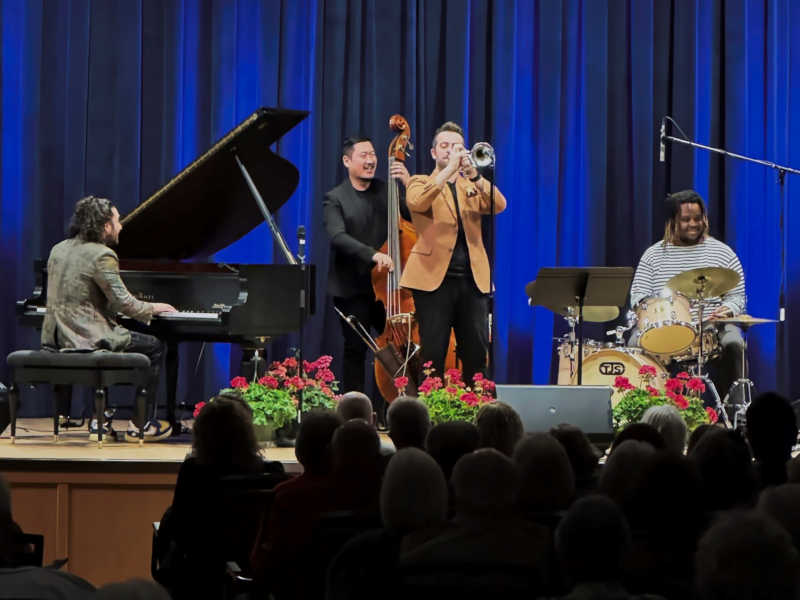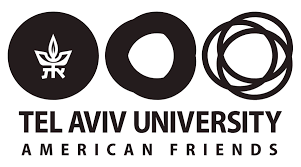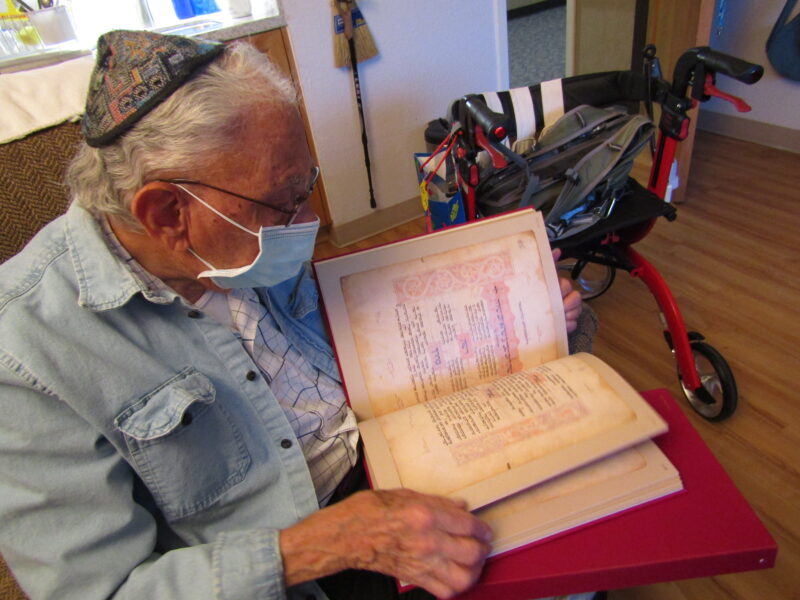Polly Morris says she always has related well to older adults.
Even when she was just 18 and helping with her family’s antique and design business, Morris says she felt comfortable meeting people moving from their long-time homes to smaller ones or assisted-living centers.
“It’s not normal by any means to go from high school into the antiques business, but that’s what I did,” Morris says. “I’ve always dealt with older adults … I have no difficulty envisioning how they were. And I have no difficulty in talking to them as someone would have when they were 30 or 40, because they don’t feel any different inside.”
Today Morris has parlayed those insights into her own business named Hyde Park Home Healthcare Professionals, LLC. Hyde Park provides quality in-home health care and services customized to clients’ personal interests and lifestyles.
The name is a nod to both the graceful royal park in London and Morris’ British heritage.
Morris, her parents and siblings lived in England until Morris was 14. Her mother’s family had fled there from Poland before World War II. Morris remembers her mother telling stories about drones flying overhead and the sudden silence that meant bombs were about to fall. She remembers looking from their Southsea home toward the English Channel and thinking, “Wow, that little channel is all that stopped my parents from being put in concentration camps.”
The family moved to Scottsdale in 1976, continuing its business dealing in antiques and estate sales. Often Morris would work with clients in Sun City and other retirement communities. Morris’ husband, attorney Randy Nussbaum, has lived in the Valley since 1962.
Morris and Nussbaum have long been involved in the Jewish community and in Scottsdale.
She is on the board of directors of the Kivel senior-living community in Phoenix; a supporter of Jewish Family & Children’s Service’s program for teens moving out of Arizona’s foster-care system; and a member of the Phoenix Holocaust Survivors Association’s Generations After, a group that resonates with her because of her family’s years in England. Both Morris and Nussbaum are involved with the Scottsdale Center for the Performing Arts and Temple Solel.
After the birth of their two sons, Morris sold her antiques and design business. When the boys reached school age, she started college. She earned a bachelor’s degree in psychology and a master’s degree in social work, with a focus on gerontology, from Arizona State University. Meanwhile, the boys grew up — Michael Morris- Nussbaum is now 22, and Daniel Morris- Nussbaum is 20.
She first put her education and her affinity for older adults to work at a senior public housing project in Phoenix, where she helped seniors turn a barren patch of land into their own community garden. She next interned with Hospice of the Valley. While visiting hospice clients in their homes, she got the idea for her own health care business.
The idea solidified as she sat with a group of care facility residents during a lunchtime visit. She felt there was so much more that could be done to enhance their dining experience.
“I saw a need, and I thought, ‘I could do this really well. I could really take care of people and do it from a totally different perspective.’ ”
After her hospice work, Morris became marketing director for her husband’s law firm. Off hours, she researched assisted-living homes and health care services. She decided her company would focus on consistent service provided by highly trained and experienced employees communicating and working together. She developed training programs to add to their caregiving training and experience, ranging from customer service and caring for chronic conditions to culinary arts and salon services.
After two years of researching facilities and developing the training, Morris started Hyde Park Home Healthcare in September 2013. The company has a dozen employees who provide home health care to clients, both short term and long term, medical and non-medical. The staff includes six personal care assistants, three nurses, a medical social worker and the culinary and salon instructors.
Instead of wearing hospital-style scrubs, Hyde Park employees wear uniforms – navy pants or skirts, yellow shirts and navy vests – so clients immediately recognize them. Employees also address clients by their last names unless otherwise requested.
Hyde Park assistants can prepare meals ranging from steaks and salads to pasta and sandwiches, and they can give manicures and style hair. The culinary-arts and salon instructors are available to help with special requests or situations, too. “If someone says, ‘I want Hungarian goulash,’ and that wasn’t covered in training, we’ll send the culinary instructor out to show them how to make whatever it is that person would like,” Morris says. “If they have difficult hair, the salon instructor will go with them to show them how to do this particular head of hair.”
Such services are not extras, but are included in Hyde Park’s rates. The company’s hourly fees are higher than competitors, Morris acknowledges, but she maintains that clients deserve quality home care.
“When we say ‘luxury,’ most of the things aren’t really luxury. They should be standard with every company,” she says. “It starts with the highest-caliber people and the highest training. That’s what makes it.”
Morris’ favorite pastimes carry over to the business, too. She enjoys music and movies from the 1920s and ’30s, and she loves walking and hiking. The family has a cabin on the Arizona-New Mexico border, and when her boys were young, Morris often would pack a picnic lunch and take them for daylong hikes.
What applied to her children now applies to clients, too. “No just putting them in front of a TV and leaving them there all day,” Morris says. “A huge part of our training is engaging people, talking to them and doing what they like to do – finding the books and magazines, do they like to play chess or checkers or cards, do they like to go outside to the park or to a restaurant?”
T
hat psychological well-being is as important as physical well-being, Morris says, and she is adamant that older adults be treated and spoken to respectfully. “It was just amazing to me. That is a big thing, treating people with the respect they deserve,” she says.
Julie Freed, a personal-care assistant with Hyde Park, says she and Morris have known each other since their children were preschoolers. When Freed’s children reached high school, she began working with a cancer patient who needed care and transportation. That inspired her to become a certified nursing assistant, and when Morris started Hyde Park, Freed quickly joined her.
Teamwork and communication set the small company apart from other firms, Freed says. And Morris is available around the clock if an employee needs extra help.
“We work as a team, from beginning to end,” Freed says. “It’s not just writing notes to each other. It’s about face-to-face communication.”
Ira Shulman, president and chief executive officer of Kivel, has worked with Morris on projects including a movie fund-raiser, the launch of a discussion and reading group for residents, and the development of an assisted-living home. He calls Morris “truly dedicated” to helping older adults make the most of their lives.
“I think Polly’s new business, in the very crowded field of home health care, is unique because of Polly and the importance she puts into details,” he says. “Polly thinks of her elderly clients as important people, not simply as customers.”
Morris says about 75 percent of Hyde Park’s business so far is short-term engagements for clients ranging from their late 20s into their 80s. The other 25 percent is long-term service for older adults.
The company’s next step is applying for Medicare accreditation, a yearlong process that will help the services qualify for insurance coverage, Morris says. The accreditation will allow the medical-care portion of the business to grow.
But Morris vows that Hyde Park will stay a small, personal- touch company. “We will never have more clients or employees than we can handle,” she says.





